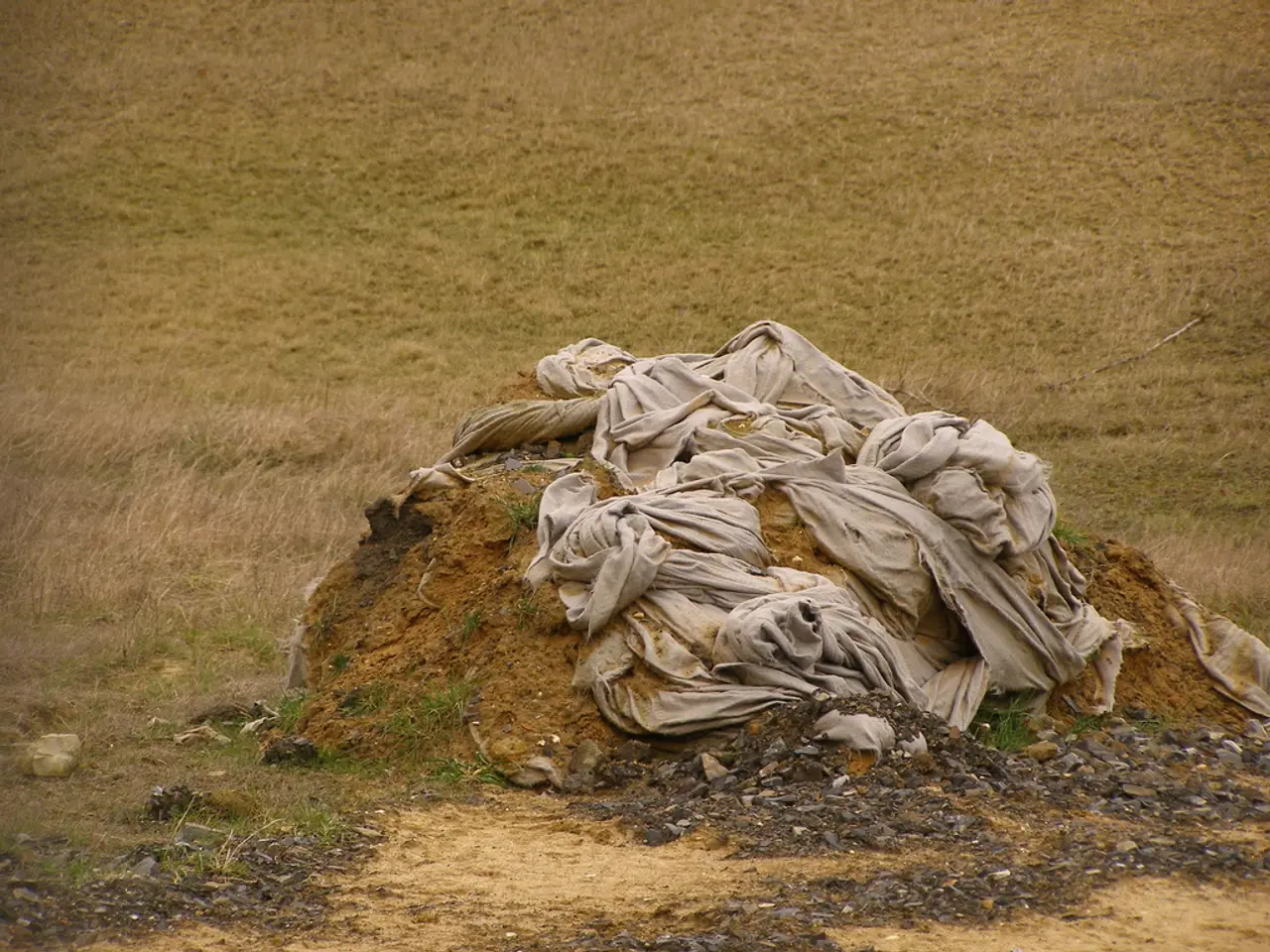Long-Distance Swimmer Pursues 450km Journey to Combat Waste Exploitation
The Or Foundation, an organisation focused on environmental justice, education, and fashion development, is making strides in addressing the issue of fast fashion waste in the Kantamanto community of Ghana.
The community, home to the world's largest secondhand clothing market, is grappling with the consequences of overproduction from the fast fashion industry. The Or Foundation launched the #StopWasteColonialism campaign, advocating for companies to take responsibility for their overproduction through an Extended Producer Responsibility (EPR) policy.
The EPR mechanism aims to hold everyone along the value chain accountable for the waste generated by non-recyclable clothing. Brands producing the highest volumes of such waste would contribute the most money towards cleaning up the mess left by fast fashion.
Synthetic microfibers, originating from clothing consumption and local human activities, are increasingly contaminating the Volta River, a lifeline for generations in Ghana. The river provides resources and transportation, but its health is under threat due to the waste from Kantamanto. This waste dominates formal dumpsites in Accra and contributes to the pollution of surrounding waterways.
The Or Foundation is conducting research on the ecotoxicological impacts of secondhand clothing waste on the environment in Ghana. As part of their research, they are taking daily water and air samples along the Volta River to measure the level of textile pollution.
In addition, the Or Foundation is participating in the Agbetsi Living Water research and environmental expedition. Yvette Tetteh, one of the team members, is swimming 450km down the Volta River to draw attention to the issue of synthetic microfibers polluting the river. The Agbetsi expedition aims to map and understand the abundance and potential sources of these microfibers, as well as identify the broader impacts of fast fashion pollution when the waste is not dealt with responsibly.
The goal of the Agbetsi expedition and Tetteh's swim is to stop waste colonialism and its disastrous impact on the environment and people. The expedition also seeks to make the case for stopping overproduction and empowering Kantamanto to effectively deal with clothing waste at the point of entry to Ghana.
The Kantamanto community spends approximately $325 million on bales of secondhand clothing every year. However, approximately 40% of the average bale of clothing that arrives from the Global North leaves Kantamanto as waste. In 2020, $182 million was paid to exporters in the Global North for the secondhand clothing imported to Kantamanto.
Tetteh, who is training for her swim by practicing in a pool and learning to endure long distances by going slow, is also demonstrating a life-affirming relationship to our environment. The Living Water Swim, part of the Agbetsi expedition, is not just about raising awareness, but also about celebrating the beauty and importance of the Volta River.
The Agbetsi Living Water research and environmental expedition is taking place from March to April 2023, with Tetteh and three other Ghanaians journeying along the Volta River. For more information about the Or Foundation and their work, visit their website at www.theorfoundation.org.








